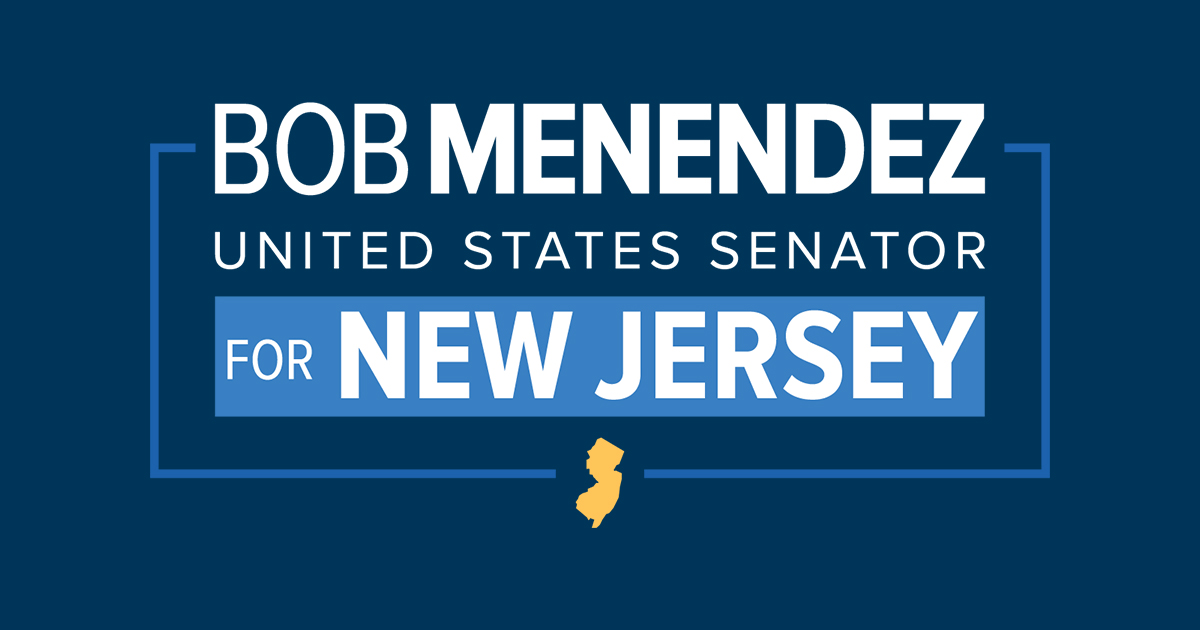Source: United States Senator for New Jersey Bob Menendez
WASHINGTON, D.C. – U.S. Senator Bob Menendez (D-N.J.), a senior member of the U.S. Senate Committee on Banking, Housing, and Urban Affairs, highlighted the importance of the Consumer Financial Protection Bureau (CFPB) by asking Director Rohit Chopra about who would protect consumers if the CFPB was defunded. Sen. Menendez also questioned Director Chopra on what progress the CFPB has made to ensure victims of scams on apps like Zelle are protected, and how they plan on addressing the growing problem these scams pose.
“Wells Fargo is an exemplary institution. That is, it has exemplified why we need the CFPB through flagrant and persistent issues impacting its consumers,” said Sen. Menendez. “From the fake account scandal in 2016, to the $3.7 billion penalty the Bureau assessed on Wells Fargo last December for ‘widespread mismanagement of auto loans, mortgages, and deposit accounts,’ the CFPB has repeatedly stepped in and stepped up to protect consumers from harmful schemes at Wells Fargo and other institutions.”
[embedded content]
Director Chopra stated that he did not believe anyone would be able to protect consumers if the CFPB was defunded. Sen. Menendez asked Director Chopra if there was any progress to ensure consumers are made whole when they are scammed on peer-to-peer payment platforms such as Zelle.
“Now, I continue to hear stories from New Jerseyans who have fallen victim to scams and fraud on Zelle and other peer-to-peer payment apps and have been unable to obtain relief from their banks. The last time you came before this committee we spoke about this, and you indicated that you were hoping that industry would set up frameworks to combat fraud and scams. I haven’t seen much progress,” said Sen. Menendez. “From my perspective, it has been over six months since it was reported that the banks that own and operate Zelle were considering requirements to reimburse customers that fall victim to scams, but nothing has been finalized. And when consumers are being harmed and industry is unable or unwilling to address the problem, the CFPB needs to step up. So, I hope that at some point we’re just not going to keep giving time to the industry to do that which I think they don’t really want to do. I’d like to believe they want to do it, but at this point they have the wherewithal, they have the capacity, they have the resources to figure out what are the tools necessary and I hope that the CFPB will use all the tools at its disposal, up to and including modernizing Regulation E to reflect the reality of growing usage of apps like Zelle.”
The Senator also inquired about what the CFPB is doing to facilitate a smooth transition for student loan borrowers back to repayment. Research from the CFPB shows that student borrowers may face difficulties when student loan payments resume in August. An increasing number of student loan borrowers are delinquent on other credit products. Borrowers will likely also be impacted by the exit of several student loan servicers since the pause began, which has resulted in 17 million student loan accounts being reassigned to other loan servicers or other servicing platforms.
Sen. Menendez concluded by pressing Director Chopra about why the Bureau doesn’t currently have an online complaint system in Spanish or any other language, and also asked that the Director commit to making the complaint system available to consumers in additional languages.
“The CFPB’s complaint system is critical to the operations of the Bureau, giving it real-time reports into potentially deceptive or abusive financial practices. However, for consumers with Limited English Proficiency, the complaint system, as it currently exists, remains out of reach,” said Sen. Menendez. “While there is a Spanish language complaint system by phone, there is no CFPB online complaint system in Spanish—or for that fact, in any other language. According to the 2017 American Community Survey, nearly 26 million people, nearly 10% of the U.S. population, have limited English proficiency. Consumers who lack access to information are prime targets for predatory behavior.”
In March, Sen. Menendez and his Colleagues led an effort to urge financial institutions and regulators to help people keep their hard-earned cash safe from fraud and scams, especially as scammers find new ways and employ sophisticated schemes to dupe customers using instant peer-to-peer payment systems like Zelle to send money on the platform under fraudulent pretenses. In December 2022, during a Senate Banking hearing, Sen. Menendez urged CFPB Director Rohit Chopra to investigate customer service issues with MOHELA, and pressed Director Chopra on the agency’s process towards issuing agency guidance to ensure consumers are protected from Zelle-related fraud.
This month, the Senator spoke on the Senate floor in strong opposition to Republicans’ cruel legislation that would force borrowers, including public sector workers such as teachers, police officers, and firefighters, to repay student loans – with interest – that were suspended during the COVID-19 pandemic.
In April, Sen. Menendez, Sen. Mike Braun (R-Ind.), Rep. Chrissy Houlahan (D-Pa.-06) and Rep. Brian Fitzpatrick (R-Pa.-01), introduced the Public Service Loan Forgiveness (PSLF) – a bipartisan bill that would change a technicality in federal law that unnecessarily requires that PSLF applicants be employed in a public service role at the time of forgiveness, even if they have already made 120 qualifying payments. This has negatively affected public service employees who have completed their 120 payments, decided to retire or move on from their current jobs or public service careers, and suddenly become ineligible for forgiveness even though they dutifully served their communities for at least ten years.
Sen. Menendez signed an amicus brief in the Supreme Court case CFPB v. Community Financial Services Association of America, defending the CFPB’s funding structure as constitutional. In 2017, the Senator signed an amicus brief in support of the CFPB’s independence.
###
